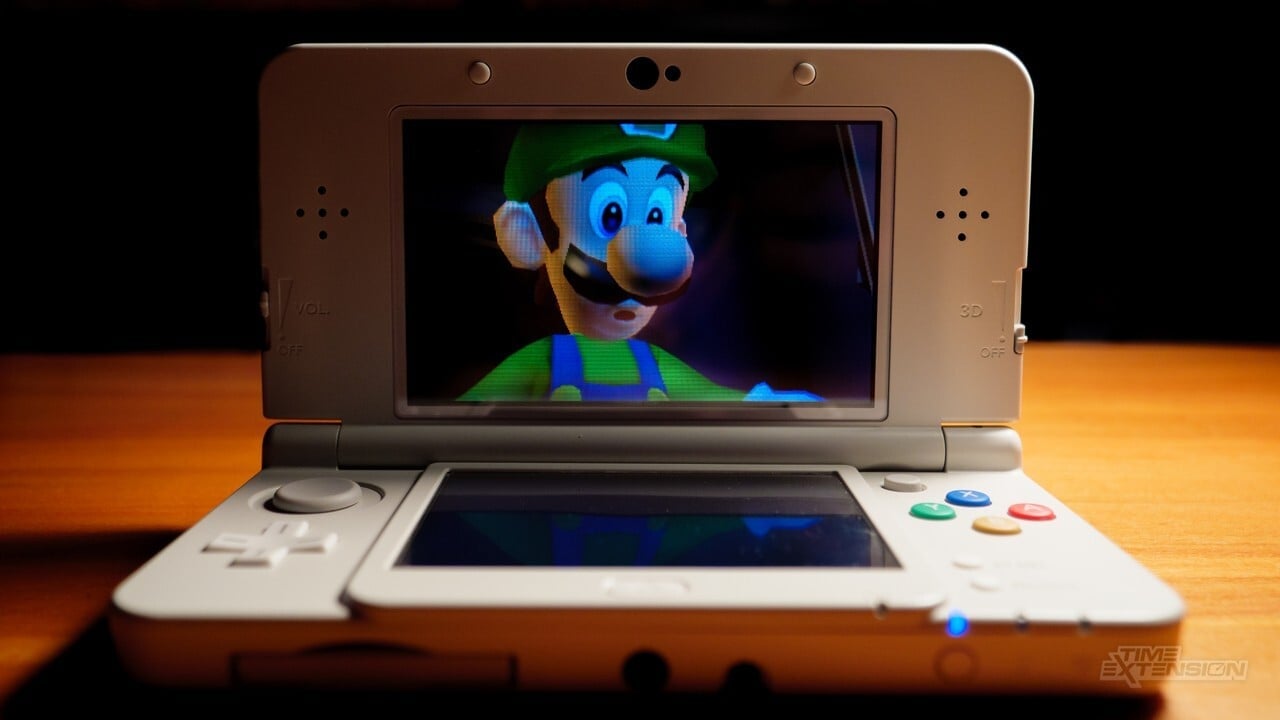The New Law that Reveals: We Don’t Own Digital Games
In the modern era, digital media has revolutionized how we consume entertainment. The shift towards streaming music and movies has made physical products less common. The same trend is now affecting video games, with over 90% of games sold in the UK being digital.
While digital media offers convenience—like instant access without the need to visit a physical store or manage multiple discs—it also comes with hidden terms and conditions. Digital storefronts are now required by California’s new law (AB 2426) to disclose that buyers do not hold unrestricted ownership over their digitally purchased content.
Key Points:
- Disclosure Requirement: Californian sellers must clearly state they are providing a license, not selling digital goods outright.
- Limited Ownership Rights: While this does not preclude the right to access your purchases temporarily, it highlights the transient nature of licensed media.
- Permanent Exclusions: The law does not apply when products can be permanently downloaded and is not applicable in situations where buyers are notified of terms clearly.
Implications:
This new law adds awareness that digital games, as well as other digital content, do not confer long-term ownership. It also brings to light the challenges of preserving retro or modern games through permanent downloads or physical media.
In the age of digital content, do you think it’s more important to own a permanent copy or have accessible licensed rights?



The bill text is concise and surprisingly readable.
https://leginfo.legislature.ca.gov/faces/billTextClient.xhtml?bill_id=202320240AB2426#99INT
They will either need “affirmative acknowledgment from the purchaser” of their rights or provide a “clear and conspicuous statement” clarifying the buying a digital good is a licence situation.
They provide this definition:
For “affirmative acknowledgment” my guess is something like PlayStation does currently might become common. Every time I checkout their purchase button is disabled until I tick a checkbox with this statement:
Both of these scenarios should be displayed as part of the checkout flow, not hidden away in the ToS/EULA.